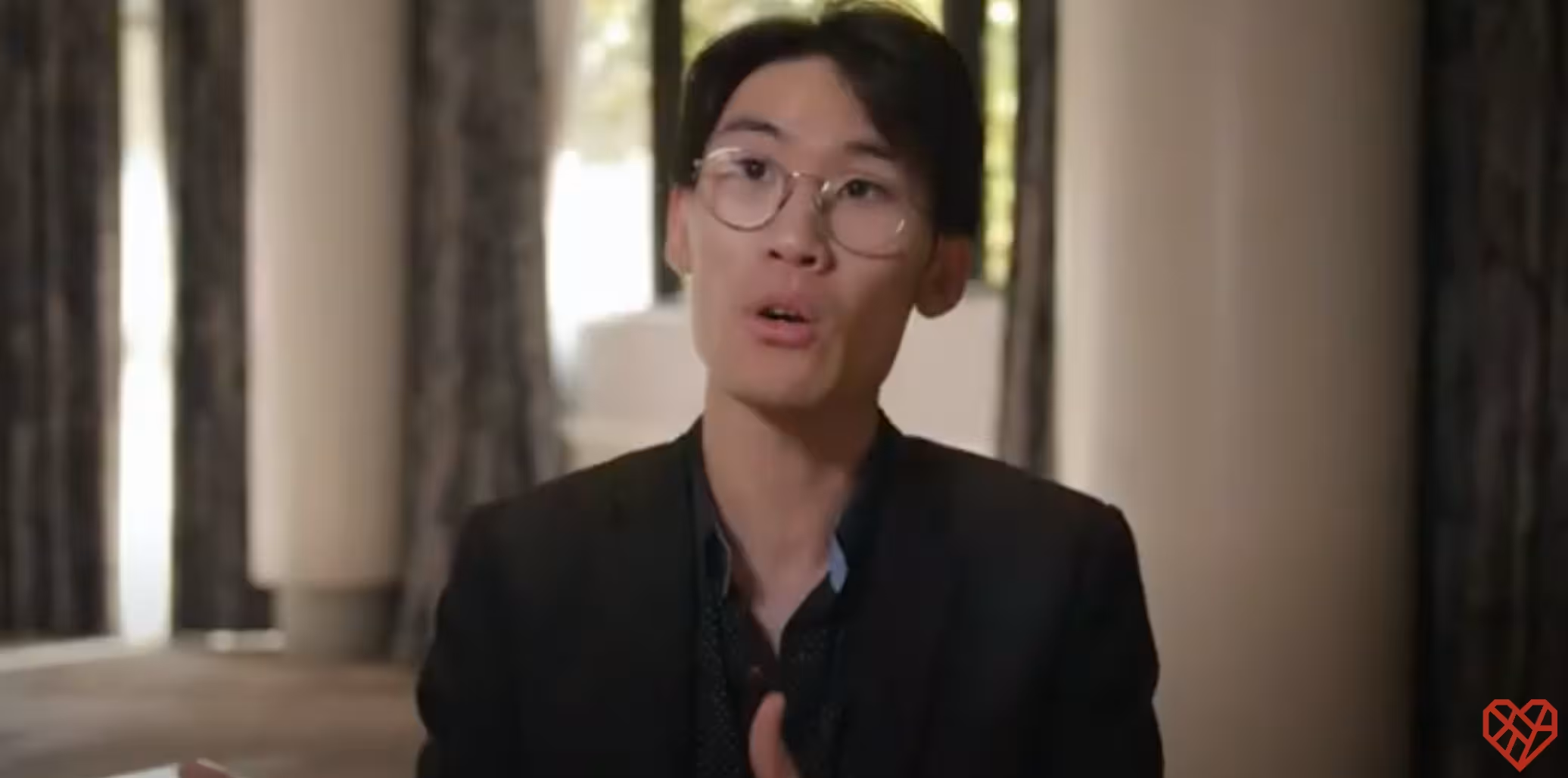




Filmmaker and animal activist Ryuji Chua is on a mission to change the way people think about animals—simply by asking new questions.
“For me, the most important question I ever asked myself about how I treat animals was this: What if it was me?"
Last year, Ryuji Chua won countless hearts and minds following his conversation with Trevor Noah on “The Daily Show.” Passionate, friendly, and articulate, Chua spoke about everything from veganism to the unique consciousness of fish—often answering tough questions—with non-judgmental, research-based insights. The video racked up over 168,000 views on YouTube alone.
Chua’s approach to vegan advocacy is incredibly effective. It might be because the insights he shares are fresh, relatable, and grounded in his own experience. It might be because he avoids moralizing the choice whether or not to be vegan, instead presenting the facts just as they are. Or it might just be because his passion shines through so clearly—inspiring others to feel the same.
“I always try to ask myself, what if it was me?” he says. “What if it was me who had to go to the slaughterhouse? Who had to live on that farm? Who had to be taken out of the ocean? Understanding that an animal’s experience is just as important to them as my experience is to me is what invigorates me. It’s what pushes me to do what’s in their best interest.”

Chua’s journey as an animal rights activist goes back much further than his conversation with Trevor Noah. An animal activist and filmmaker, Chua strives to accomplish one main goal through his storytelling: To connect humans with other animals. This one simple goal, he believes, can change our food system for the better.
Recognized for his unique ability to help people think differently about animals, Chua has been a featured speaker on the topic of effective communication at events such as Vegan Fashion Week, the March of Silence, and the Portland National Animal Rights Day. He’s used his skills to support prominent animal rights organizations such as the Animal Save Movement, PETA, Rowdy Girl Sanctuary, and the Dolphin Project.
Chua’s content has been viewed over 9 million times—and shared over 100,000 times—since 2018. His witty, personal video, ”Why I Went Vegan As An Avid Meat Eater,” will make you smile, bring you to tears, and take your breath away with its sheer honesty and creativity. (All in a little over 11 minutes.)
And now, Chua is putting his talents to work once again, advocating for an often-overlooked animal: fish.
“Fish, like land animals, are factory farmed,” Chua points out. “And the way to picture a factory farm is to think about an overcrowded train during rush hour. If you’ve ever been to one of those, it’s not a pleasant experience. It’s tight, it’s crammed, you’re sweaty, and then you’re going to a nine-to-five job that you probably don’t enjoy very much. But now imagine that instead of just being there for an hour in the morning, that’s where you live. And in the end, you don’t go to an unpleasant nine-to-five job. You go to a slaughterhouse.”
Chua’s 41-minute short film, titled “How Conscious Can a Fish Be?” dives into more big questions: Can fish feel pain? Are they intelligent? Are they even conscious? It’s available to watch for free on his website or YouTube channel.
And as for making the transition to veganism, Chua has more helpful advice—all based on his own experience. “In order to change,” he says, “the first thing to understand is your why. The stronger your why is, the easier the how becomes. And so for me, one thing that really helped was to remember that animals are not a something—they’re a someone.”
You can keep up with Ryuji Chua on his YouTube channel or by listening to his podcast, The Animal Advocate, a show about everything he’s learned so far about being an effective and results-oriented animal activist.
You can help
Unfortunately, the commercial fishing industry and factory fish farms force fish to endure cruel treatment every day. Research continues to confirm that fish have feelings just like we do, and they deserve better than a life of suffering. Join thousands of other compassionate advocates in fighting back against the fishing industry's animal cruelty.





